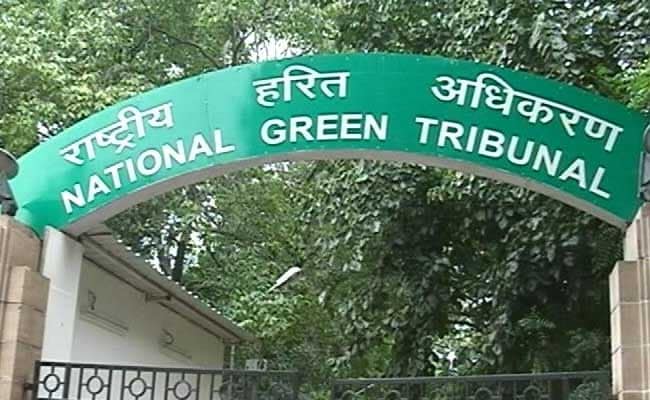
The National Green Tribunal has directed the Centre to clarify its stand on distilleries and sugar mills in Uttar Pradesh manufacturing, storing and transporting ethanol without obtaining permission from the Petroleum and Explosives Safety Organisation (PESO).
A bench headed by NGT Chairperson Justice Swatanter Kumar ordered the ministries of Environment and Petroleum, PESO and Central Pollution Control Board (CPCB) to apprise it what action it was mulling to take against industrial units running without license.
"We direct the counsel appearing for MoEF, Ministry of Petroleum, PESO and CPCB to take clear instructions as to what course of action they propose to adopt, particularly in regard to the matter in issue and with regard to the industries which are generating absolute Ethanol without any license," the bench said.
The matter is listed for next hearing on December 13. The order came during hearing of a contempt plea filed by NGO SAFE alleging that authorities were allowing illegal operation of these units without license and in contravention of the Manufacture, Storage and Import of Hazardous Chemical Rules 1989, putting lives at grave risk.
The NGO had referred to UP government's affidavit and contended that only two of the 35 distilleries had requisite license while the others were manufacturing ethanol illegally.
"The industries manufacturing absolute alcohol or ethanol were not only operating illegally without the requisite permission from competent authorities, but also manipulating the actual total production, storage and sales figures of absolute alcohol causing not only huge financial loss to state revenue and also jeopardising safety of people and environment," the NGO had said in its contempt plea.
The NGT on May 9 had directed that no manufacturer will produce absolute alcohol without seeking permission from the Ministry of Commerce, Chief Controller Explosives and other authorities.
"It is in view of the fact that under the Manufacture, Storage and Import of Hazardous Chemical Rules, 1989 and Chemical Accidents (Emergency Planning, Preparedness and Response) Rules 1996 as notified under the provision of Environment (Protection) Act, 1986 such permission is required," the tribunal had said.
(This story has not been edited by NDTV staff and is auto-generated from a syndicated feed.)Track Latest News Live on NDTV.com and get news updates from India and around the world

